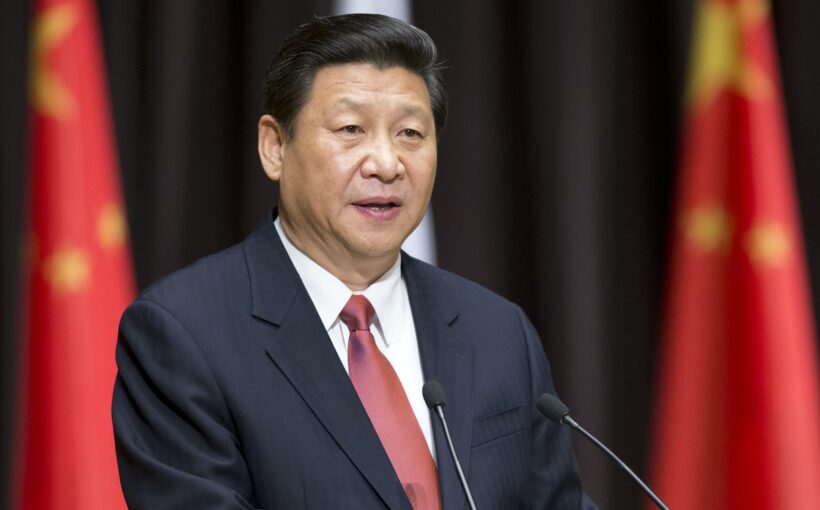The Czech Republic’s foreign minister and Britain’s Europe minister were among the targets of Beijing’s cyberespionage campaign revealed this week.
The United States, United Kingdom and others called out a 2021 online campaign by Chinese state-linked hackers earlier this week. The U.S. Department of Justice released an indictment and the U.K. imposed sanctions on the hacking group, known as APT31, saying the hackers had ties to China’s Ministry of State Security.
The group in 2021 sent “more than 1,000 emails to more than 400 unique accounts” of members of a coalition of lawmakers critical of Beijing called the Inter-Parliamentary Alliance on China (IPAC) to try to gather data on members’ internet activities and digital devices, the U.S. indictment said.
Among the targets of the attacks: British Minister for Europe Nusrat Ghani, an IPAC member at the time of the attacks who was appointed in her role as minister on Tuesday, and Czech Foreign Minister Jan Lipavský, also a member of the group.
“This just proves the assessment in our Security Strategy, which states that the rising assertiveness of China is a systemic challenge that needs to be dealt with in coordination with our trans-Atlantic allies,” Lipavský told POLITICO in a comment. The cyberattacks took place about a year before Lipavský became a minister.
Ghani, while a parliament backbencher in 2021, told the U.K. parliament in July 2021 that China hacked IPAC accounts and called on the government to act swiftly. The U.S. indictment says China targeted 43 U.K. parliamentary accounts, most of whom were members of IPAC.
Invited to respond, Ghani did not dismiss she was among the group of politicians that was targeted by the campaign. The Foreign, Commonwealth and Development Office did not provide a comment in time for publication.
U.S. prosecutors said in their indictment that the Chinese hacking group had conducted cyberattacks on American political and state officials since at least 2015, including by posing as prominent American journalists to trick victims into clicking links that extract information on their whereabouts and digital devices.
The hackers used more harmful software tools in other campaigns targeted at the U.S.; the indictment did not say these tools were used against European targets in the 2021 email campaign targeted at IPAC members.
The European Union has not yet made any public declaration acknowledging the impact on European lawmakers as was detailed in the U.S. indictment, instead releasing a statement expressing solidarity with the U.K. An EU official, granted anonymity to speak freely on the ongoing development, told POLITICO they were still looking into the assertions made by the U.S.
Rosa Prince contributed reporting.
This article was updated to reflect the foreign office did not provide a comment in time for publication.


